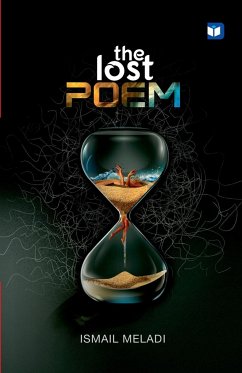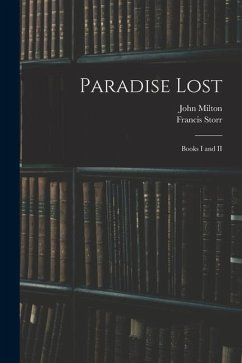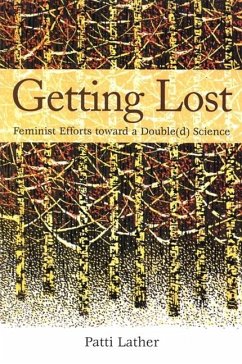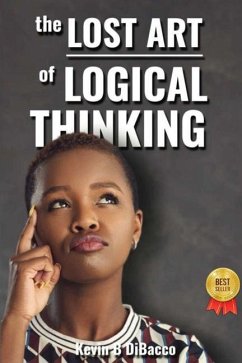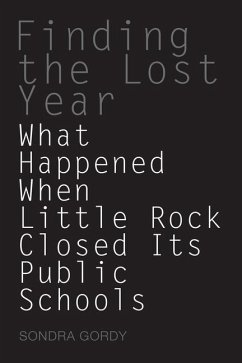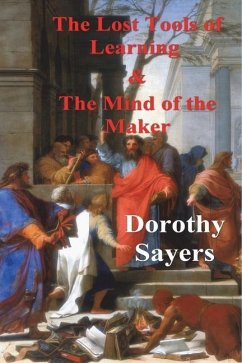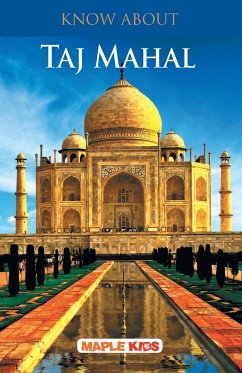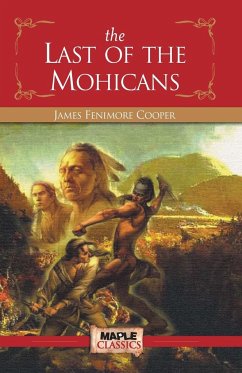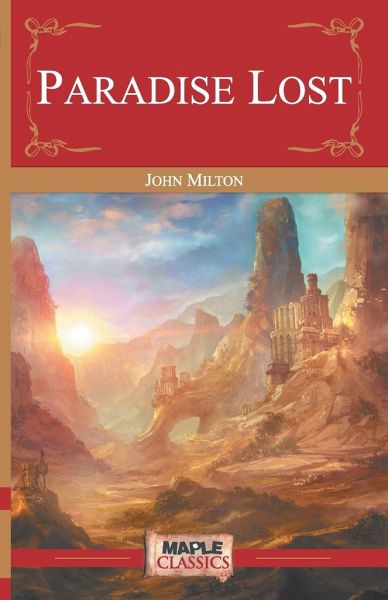
Paradise Lost
Versandkostenfrei!
Versandfertig in 1-2 Wochen
21,99 €
inkl. MwSt.

PAYBACK Punkte
11 °P sammeln!
Paradise lost is one of the greatest, most noble and most sublime poems of all times with immense drama and exhilaration. It is an epic poem in blank verse by the 17th century poet John Milton. A tremendous tale of the battle between the Satan and the Gods, to decide the destiny of mankind. It explicitly expresses the struggles of mankind, the innocence pitted against corruption and the rebellion of humans. Satan, one of the fallen angels who rebelled against God, was thrown down into Earth. He wanted to take vengeance on God by destroying his beautiful creations, humankind. The evil Satan dis...
Paradise lost is one of the greatest, most noble and most sublime poems of all times with immense drama and exhilaration. It is an epic poem in blank verse by the 17th century poet John Milton. A tremendous tale of the battle between the Satan and the Gods, to decide the destiny of mankind. It explicitly expresses the struggles of mankind, the innocence pitted against corruption and the rebellion of humans. Satan, one of the fallen angels who rebelled against God, was thrown down into Earth. He wanted to take vengeance on God by destroying his beautiful creations, humankind. The evil Satan disguised himself as a serpent and provoked Eve to eat the forbidden fruit from the tree of knowledge, Eve commits the Sin. And thus began the tale of ?man?s first disobedience.?Even though written 3 centuries ago, it still touches the heart and soul of the every reader.



